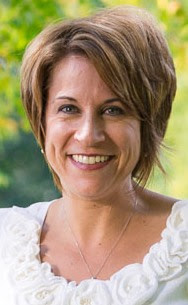By Debbie Hall, direct support professional
My guess is, on average, that there is a difference. Why is that?
Whether you like it or not, social media is how we stay connected. We all use it on a daily basis in some shape or form. We keep updated on our friends and family by scrolling through pictures and status messages on Facebook, Twitter, or Instagram. We “talk” to others via text on Google+, Messenger, or Yahoo. We discover new things we would like to try by searching Pinterest, YouTube or Vimeo. Communication, connection, and discovering new things that we like are how we stay and become included with others. We choose to use social media as one of the mediums to do this. So, why are we not utilizing this world with those we support?
But, what would this look like? Here are some ideas on what
you can do to help those you support utilize social media platforms:
- Help create a list of people that are important and help to keep in contact via email or messenger.
- Help post pictures and status updates about what is going on in their lives to share while having important conversations about what might not be appropriate to let others know.
- Make a list of hobbies and interests and help/show how to scroll through sites like YouTube and Pinterest to find ways to learn new skills or improve on them.
- Most of all, be creative and individual! Don’t be afraid to use these tools!
“In
Social Media the “squeaky wheel” gets the oil. You have to put yourself out
there, to find people who will relate or even debate with you, depending on
what you are looking for.” - Jessica Northey











